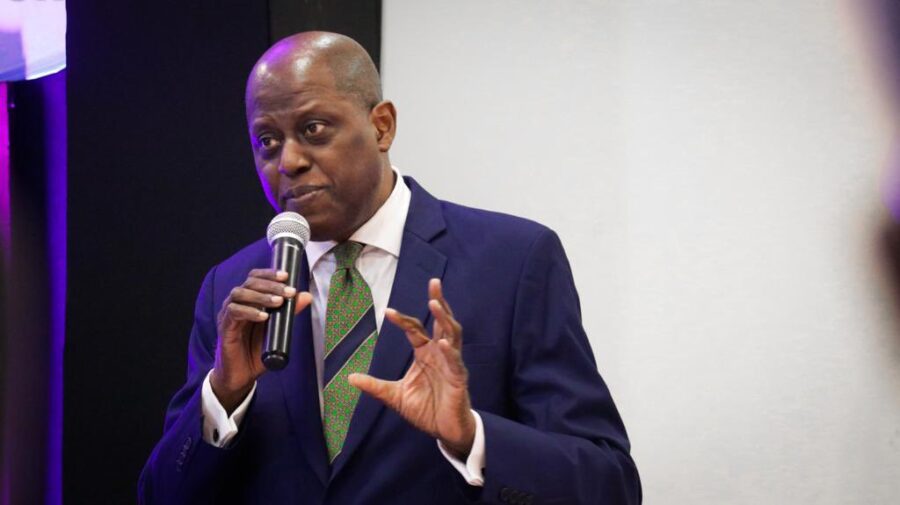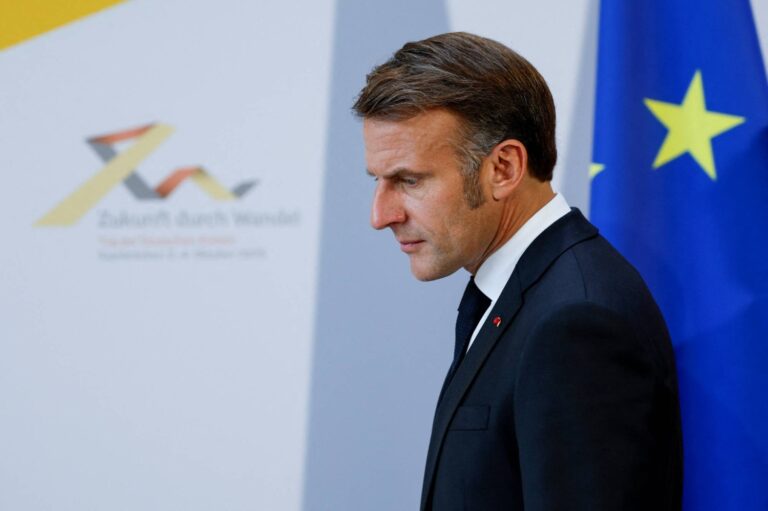
Governor of the Central Bank of Nigeria (CBN), Yemi Cardoso defends high rates as a necessary step to tackle inflation and maintain financial stability. During a monetary policy briefing, Cardoso explained that the decision was not made lightly but guided by data and current realities.
The interest rate, which remains at 26.25%, aims to slow inflation and reduce excessive liquidity in the system. Cardoso said inflation pressures are still strong, and raising the rate is the best option to keep the economy from overheating. He added that while the policy affects borrowing costs, it also protects the value of the naira and investor confidence.
According to the CBN Governor, inflation is driven mainly by rising food prices, transportation costs, and foreign exchange challenges. The central bank believes that bringing inflation under control is key to long-term growth. Yemi Cardoso defends high rates because short-term discomfort is better than prolonged economic instability.
Cardoso stated that Nigeria cannot afford to let inflation rise unchecked. He stressed that the CBN must act decisively, even if the steps are tough. Interest rate hikes, he explained, help to limit credit expansion, which in turn reduces demand-pull inflation. This approach is used by many central banks around the world.
He also noted that other tools like open market operations and cash reserve requirements are being used to strengthen the monetary policy framework. The goal, he said, is to bring inflation closer to the single-digit target and ease the pressure on household spending. This will eventually support stable growth and create better conditions for businesses.
Some critics have argued that high interest rates can hurt small businesses and increase loan repayment burdens. Cardoso acknowledged these concerns but said the priority must be price stability. He added that without stable prices, economic planning becomes difficult, and investments slow down.
The CBN, under his leadership, is focused on restoring discipline in monetary policy and reducing speculative practices in the forex market. Cardoso highlighted that previous policies lacked consistency, which affected confidence. His team is now building a clear policy direction, and results are beginning to show.
Foreign investors are showing renewed interest in Nigeria, and local businesses are adjusting to the new realities. Cardoso said collaboration between fiscal and monetary authorities is improving, and the central bank is playing its role fully.
He called on Nigerians to stay optimistic and support the reforms. Although some policies are strict, they are based on sound analysis and long-term planning. Cardoso believes that with discipline, patience, and consistent effort, the economy will rebound stronger.
Yemi Cardoso continues to lead with a steady hand. His reforms are restoring trust in the system, and his defense of high rates shows a clear commitment to Nigeria’s economic recovery.

